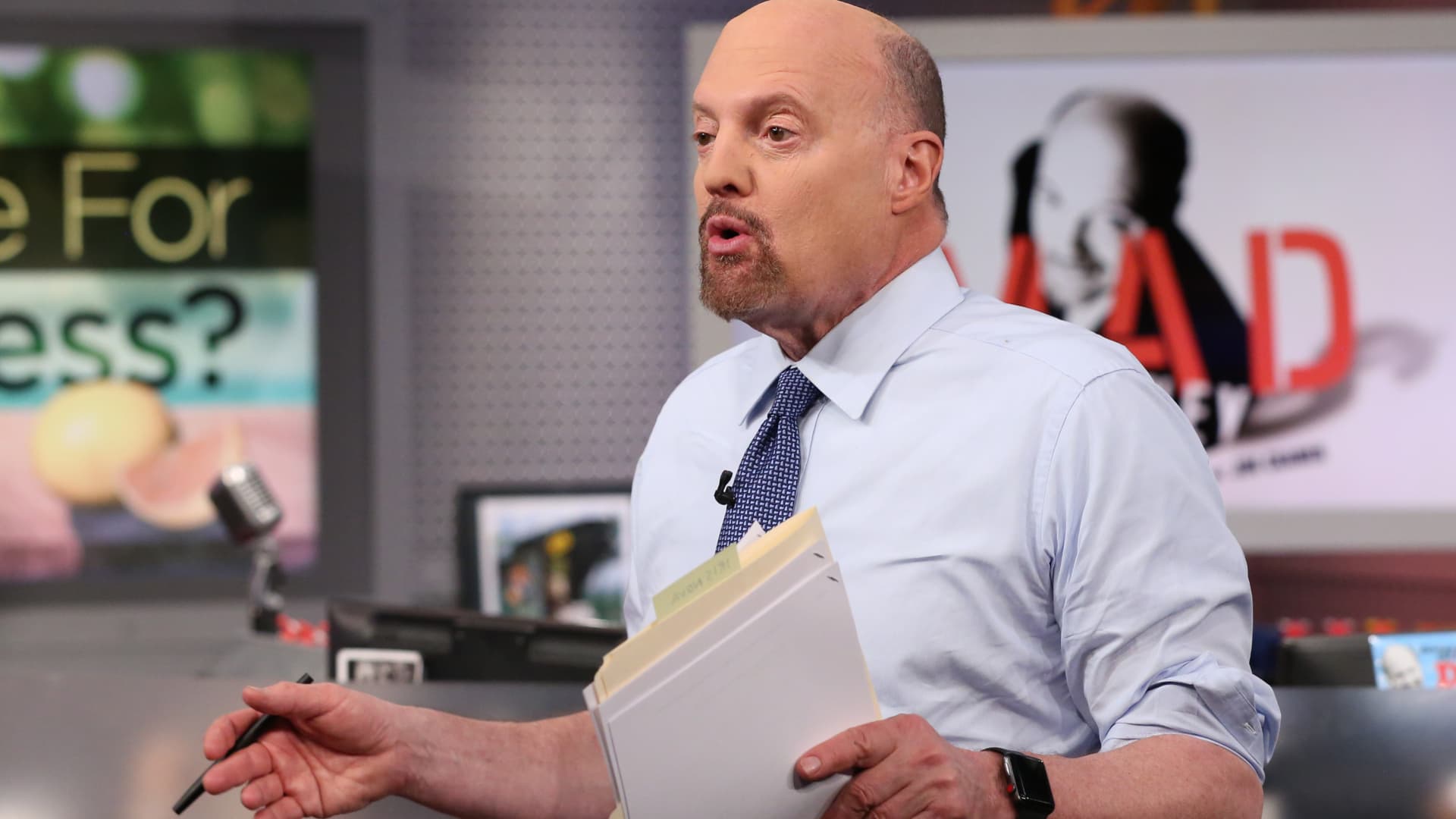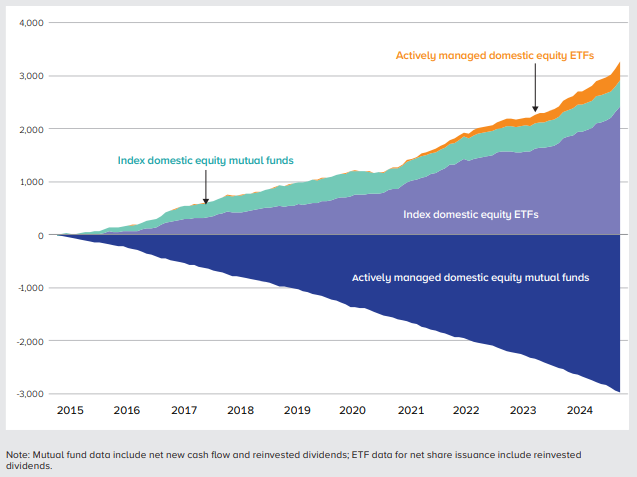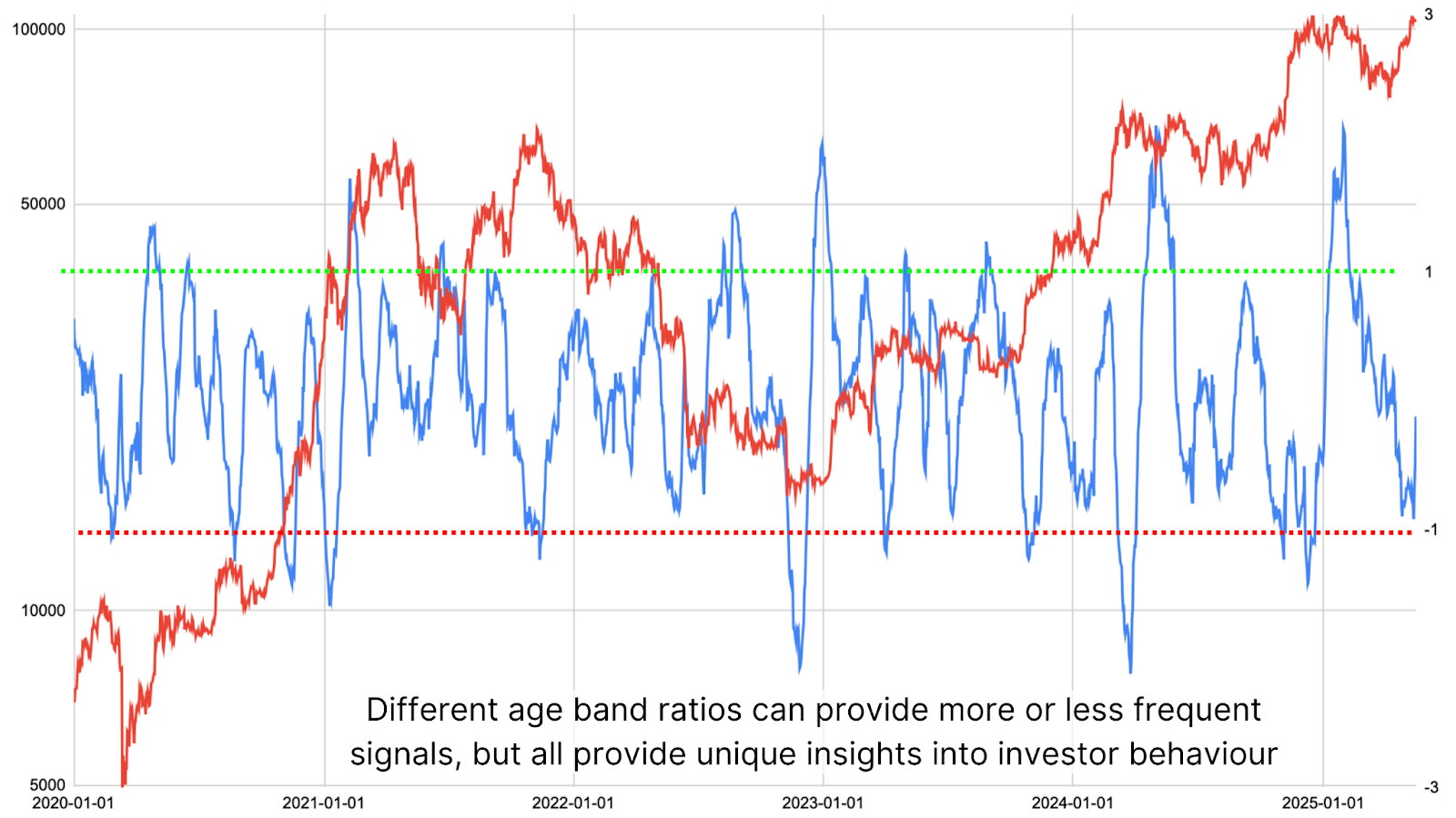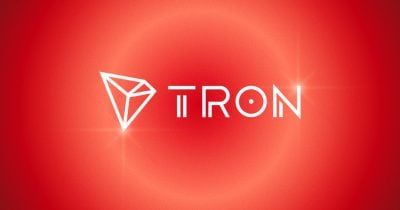401(k) Rollover vs. Roth IRA: Which Is the Smarter Move?
The Roth IRA, with its tax-free growth and withdrawals, has empowered countless individuals to build wealth for retirement, offering flexibility and no required minimum distributions. However, it’s not a one-size-fits-all solution. When leaving a job, alternatives like a 401(k) rollover or traditional IRA might suit specific financial situations better, though a Roth IRA can still […] The post 401(k) Rollover vs. Roth IRA: Which Is the Smarter Move? appeared first on 24/7 Wall St..

The Roth IRA, with its tax-free growth and withdrawals, has empowered countless individuals to build wealth for retirement, offering flexibility and no required minimum distributions. However, it’s not a one-size-fits-all solution.
When leaving a job, alternatives like a 401(k) rollover or traditional IRA might suit specific financial situations better, though a Roth IRA can still be a strong choice.
Are you ahead, or behind on retirement? SmartAsset’s free tool can match you with a financial advisor in minutes to help you answer that today. Each advisor has been carefully vetted, and must act in your best interests. Don’t waste another minute; get started by clicking here.(Sponsor)
Key Points in This Article:
When you leave a job, deciding what to do with your 401(k) is a pivotal financial choice that can shape your retirement. Should you roll it over to another 401(k), convert it to a Roth IRA, or explore other options?
Each path has distinct advantages and implications, and the smarter move depends on your financial goals, tax situation, and retirement timeline. That’s the question a Redditor on the r/Retirement401k subreddit had as he was leaving his job, but had no other investment accounts and little experience with the process.
Below, we’ll break down the considerations to help you make an informed decision, emphasizing the importance of consulting a financial professional to tailor the choice to your needs.
Why Move Your 401(k)?
Leaving your 401(k) with a former employer might seem convenient, but it carries risks. You could lose track of the account, especially if you change jobs multiple times, or your old employer might alter the plan’s fees or investment options in ways that don’t align with your goals.
Transferring your 401(k) ensures you maintain control, allowing you to actively manage your retirement savings. The two primary options are rolling over to a new employer’s 401(k) or converting to an Individual Retirement Account (IRA), with a Roth IRA being a particularly compelling choice for some.
The Case for a 401(k) Rollover
Rolling your 401(k) into a new employer’s plan can be straightforward if you’re moving to a job with a robust 401(k) offering. This option keeps your retirement savings consolidated, simplifies management, and may provide access to low-cost investment options or employer matching contributions.
Additionally, 401(k) plans often offer higher contribution limits than IRAs ($23,500 in 2025 for those under 50, versus $7,000 for IRAs), which can be advantageous if you’re still actively saving. Rollovers to another 401(k) are typically tax-free, as both plans are funded with pre-tax dollars, preserving your savings’ tax-deferred growth until withdrawal.
However, not all 401(k) plans are created equal. Some may have limited investment choices or higher fees, which could erode your returns over time. If you’re transitioning to a period without an employer plan — like going back to school or taking a career break — a 401(k) rollover may not be an option, making an IRA a more flexible choice.
The Appeal of a Roth IRA Conversion
Converting your 401(k) to a Roth IRA offers unique benefits that align with long-term retirement planning. Unlike a traditional 401(k) or IRA, where withdrawals are taxed as ordinary income, Roth IRAs provide tax-free withdrawals in retirement, provided you meet the five-year rule and are over 59½. This can be a significant advantage if you expect to be in a higher tax bracket in retirement or if tax rates rise in the future.
Additionally, Roth IRAs don’t require minimum distributions (RMDs) during your lifetime, allowing your savings to grow indefinitely, which is ideal if you don’t need immediate income or want to pass wealth to heirs.
Another benefit is investment flexibility. Roth IRAs typically offer a broader range of investment options — stocks, bonds, exchange-traded funds (ETFs), and mutual funds — compared to many 401(k) plans, enabling you to tailor your portfolio to your risk tolerance and goals. A Roth IRA could help diversify and protect your wealth, especially if you anticipate a long retirement.
The Tax Catch
Converting a traditional 401(k) to a Roth IRA comes with a significant caveat: taxes. Since 401(k) contributions are made with pre-tax dollars, the amount you convert is treated as taxable income in the year of the conversion.
For example, rolling over a $500,000 401(k) could push you into a higher tax bracket, resulting in a substantial tax bill. To mitigate this, you might convert smaller amounts over several years, especially if your income is lower during a career transition or sabbatical. A financial professional can help you strategize, perhaps suggesting partial conversions to manage your tax liability while still reaping the Roth’s benefits.
Which Is Smarter?
The “smarter” move depends on your circumstances. A 401(k) rollover suits those who value simplicity, have access to a strong employer plan, or want to continue contributing at higher limits without immediate tax concerns.
A Roth IRA conversion is ideal if you prioritize tax-free withdrawals, flexibility in investments, or avoiding RMDs, and are willing to navigate the upfront tax hit. A Roth IRA can offer peace of mind through tax-free growth, especially if you expect to live past 80 or want to leave a legacy.
Other factors include your current income, expected retirement expenses, and health. If you’re in a low tax bracket now, but expect higher taxes later, a Roth conversion could save you money long-term. Conversely, if you’re in a high tax bracket or have limited cash to cover conversion taxes, sticking with a 401(k) rollover or a traditional IRA might be wiser.
The Role of a Financial Professional
Given the complexity of these decisions, consulting a financial professional is essential. They can assess your savings, income, tax situation, and retirement goals to recommend the best path.
For instance, they might analyze whether a Roth conversion aligns with your timeline or if a 401(k) rollover better suits your immediate needs. They can also explore hybrid strategies, like splitting your 401(k) between a traditional IRA and a Roth IRA, balancing tax implications with growth potential.
Platforms like SmartAsset can connect you with advisors to streamline this process, ensuring your choice aligns with your vision for retirement.
Key Takeaways
Whether a 401(k) rollover or a Roth IRA conversion is smarter depends on your financial priorities and willingness to manage tax implications. A 401(k) rollover offers simplicity and continued tax deferral, while a Roth IRA provides tax-free growth and flexibility.
By taking control of your 401(k) and consulting a financial professional, you can make a strategic move that secures your retirement dreams, turning uncertainty into confidence.
The post 401(k) Rollover vs. Roth IRA: Which Is the Smarter Move? appeared first on 24/7 Wall St..














































































































































































